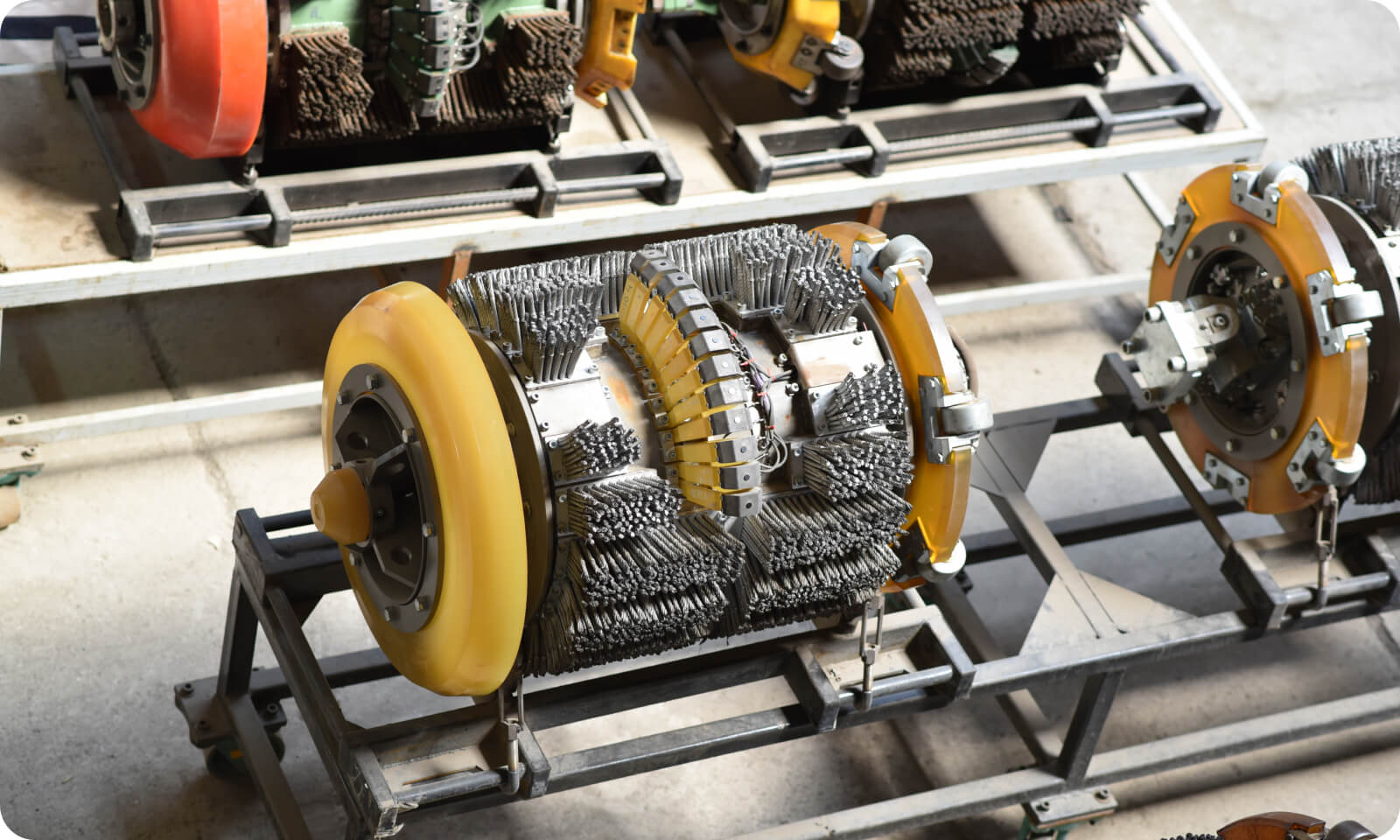🔍 1. Magnetic Flux Leakage (MFL)
✅ Best for detecting corrosion, metal loss, and pitting defects.
📌 Common choice for high-pressure transmission gas lines due to its robustness and reliability.
🔍 2. Inertial Measurement Unit (IMU) with XYZ Mapping
✅ Provides accurate geospatial data for pipeline route, bends, and depth of cover.
📌 Often combined with MFL or caliper tools to support integrity assessments.
🔍 3. Caliper Inspection
✅ Ideal for identifying deformations, dents, and ovalities.
📌 Used as a preliminary inspection or to validate pipeline geometry before high-resolution ILI.
🔍 4. Ultrasonic Testing (UT)
⚠️ Requires liquid couplant, so it's less suitable for gas pipelines unless the line is temporarily filled with liquid (liquid batching).
📌 Excellent for wall thickness measurement when applicable.
🔍 5. EMAT (Electromagnetic Acoustic Transducer)
✅ No need for a liquid couplant.
📌 Suitable for detecting cracks, especially stress corrosion cracking (SCC) in dry gas lines.
✅ Choosing the Right Toolset:
The best approach often involves combining multiple tools, such as MFL + IMU + Caliper, to gain a comprehensive view of pipeline condition.
Proper inspection ensures:
✅ Best for detecting corrosion, metal loss, and pitting defects.
📌 Common choice for high-pressure transmission gas lines due to its robustness and reliability.
🔍 2. Inertial Measurement Unit (IMU) with XYZ Mapping
✅ Provides accurate geospatial data for pipeline route, bends, and depth of cover.
📌 Often combined with MFL or caliper tools to support integrity assessments.
🔍 3. Caliper Inspection
✅ Ideal for identifying deformations, dents, and ovalities.
📌 Used as a preliminary inspection or to validate pipeline geometry before high-resolution ILI.
🔍 4. Ultrasonic Testing (UT)
⚠️ Requires liquid couplant, so it's less suitable for gas pipelines unless the line is temporarily filled with liquid (liquid batching).
📌 Excellent for wall thickness measurement when applicable.
🔍 5. EMAT (Electromagnetic Acoustic Transducer)
✅ No need for a liquid couplant.
📌 Suitable for detecting cracks, especially stress corrosion cracking (SCC) in dry gas lines.
✅ Choosing the Right Toolset:
The best approach often involves combining multiple tools, such as MFL + IMU + Caliper, to gain a comprehensive view of pipeline condition.
Proper inspection ensures:
- Early detection of critical defects
- Compliance with integrity regulations
- Cost-effective maintenance planning


